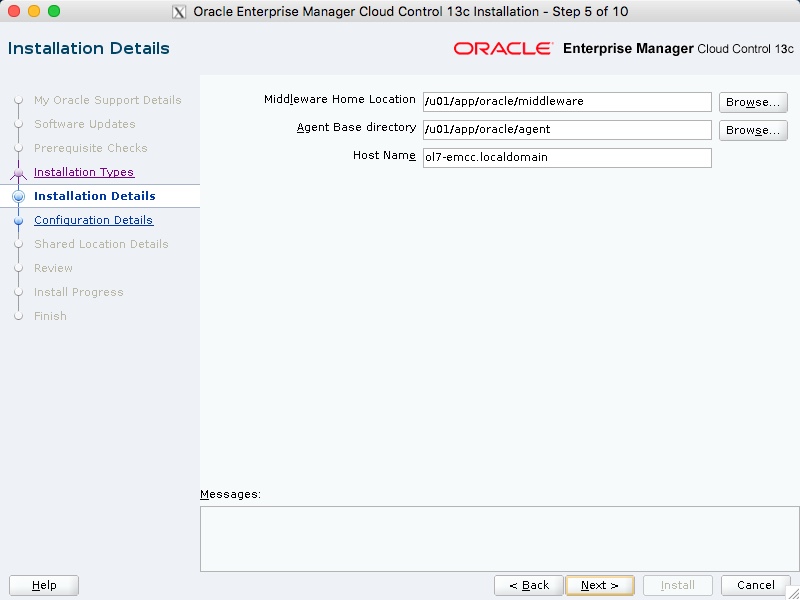
- Password repository cloud solution install#
- Password repository cloud solution manual#
- Password repository cloud solution password#
- Password repository cloud solution Offline#
- Password repository cloud solution free#
In a way, that’s also safer because there’s no place where a hacker can find all your passwords.
Password repository cloud solution password#
Stateless password managers don’t require synchronization between your devices because there’s no database in the first place. This way, you’ll be implementing two-factor authentication. For additional safety, we recommend using not only the token but your master password too.

There’s also no such thing as a password vault because the password manager generates them anew every time you log in. In this scenario, a local piece of hardware, such as a flash USB device, contains a key to unlock your particular account. Last on the list are token-based or stateless password managers.

Password repository cloud solution install#
You don’t even need to install the password manager client – most of the time, a browser extension will suffice. In this case, your passwords are stored online! Your vault is on the provider’s server, available 24/7 to you from anywhere as long as you have the master password. That said, most paid online password managers will not break your bank, especially if you commit long-term.Ĭhances are you went for the online (or web-based) password manager.
Password repository cloud solution free#
There are great free versions to choose from, but some features like device limit or dark web scanning will always be premium. What’s more, all security measures mean nothing if there’s a keylogger malware on your device, and you’re not using two-factor authentication.įinally, you should expect to pay for a web-based password manager. It also means that your vault is available for access attempts to third-parties 24/7. It means that they encrypt your data on your device before sending it to the server. If accessing your vault via a web application is not possible, you would only need a browser extension or a mobile app.īut how can one know if their passwords are not accessible to the provider? Well, all reputable online password managers use zero-knowledge technology. Such setup means that you can access your passwords from everywhere anytime, without the need to install the online password manager software.
Password repository cloud solution Offline#
If you have an offline or locally installed password manager, then your passwords are stored locally! To be more precise, it’s the device that you’ve chosen for your vault.
Password repository cloud solution manual#
Finally, if the device with your offline password manager breaks down and you have no backup, be ready for some tedious manual labor. It usually means having your device with the locally installed password manager online, so it becomes accessible to third-parties. There’s only one location, and other devices somehow have to sync with the one that has the vault. For starters, using them on multiple devices might prove challenging. Naturally, offline password managers have some inherent flaws. What’s more, if you keep that device with all passwords offline, there’s no way to access it without seizing it. That’s because brute-forcing military-grade encryption requires a significant amount of time. If it’s a strong one, there’s a minimal chance that either the government or some hackers will break into your local database.

Some managers also allow storing each password in a separate file, greatly increasing overall security.Īs always, you need a master password to access your offline vault. You will find your passwords in an encrypted file, separately from the password manager itself. It can be your computer or a smartphone, depending on your preference. Let's explore each of them more thoroughly.Īs the name implies, locally installed password managers, also known as offline password managers, store your data on your device. Stateless or token-based password managers Web-based or online password manager services Locally installed or offline password managers Here are the three types of password managers: Most of them will require you to use a master password that protects your vault. We must also point out that some providers offer multiple methods to save your data. However, this time we want to present three technologies and explain how they work. There are multiple ways to categorize password managers. How do password managers secure your passwords?


 0 kommentar(er)
0 kommentar(er)
